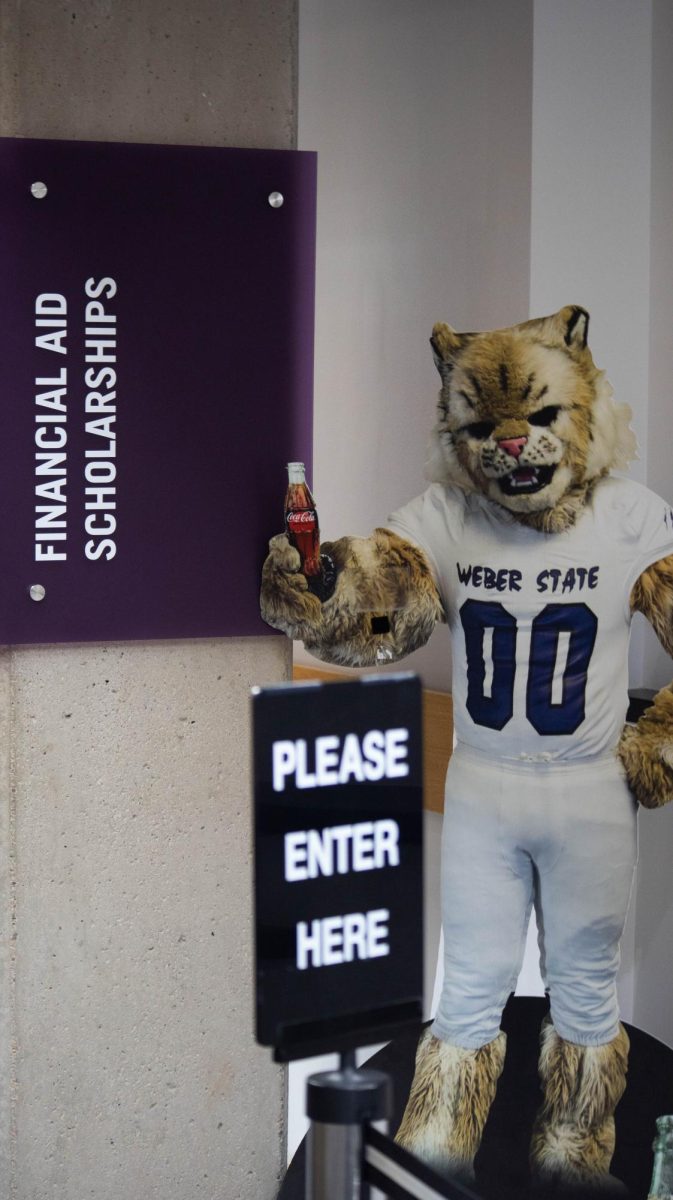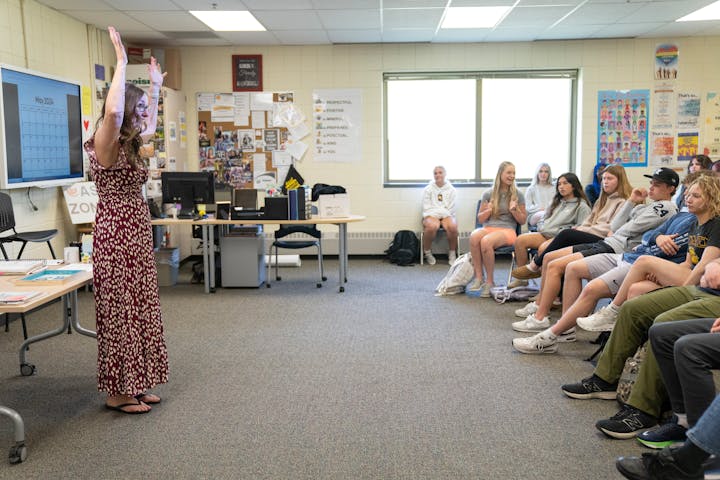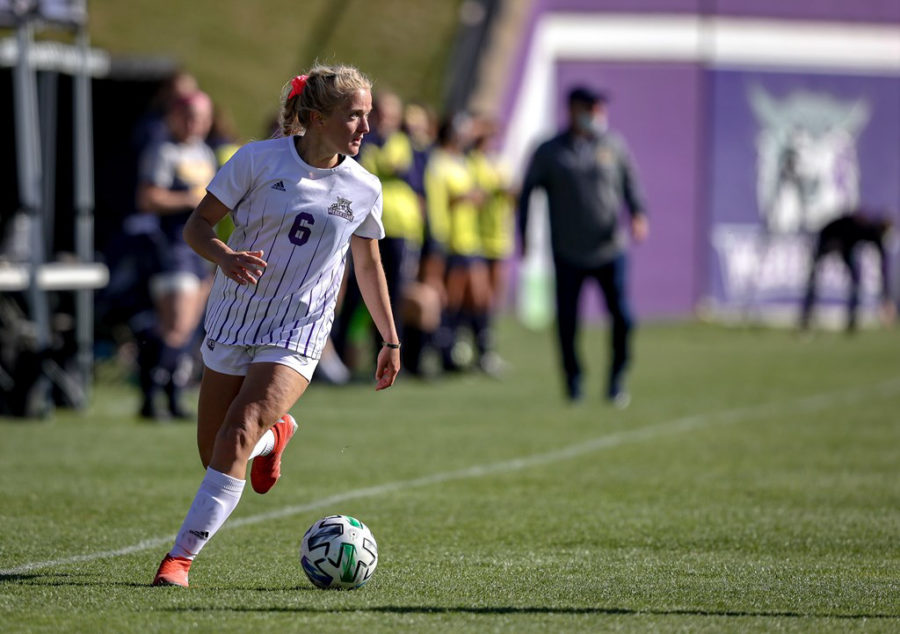
Failure isn’t inherently bad, but it comes with consequences. And in an academic setting, where money and time are involved, the consequences can be long-lasting.
If you can tell in the first few days of a class that your workload will be too much, Financial Aid & Scholarships Director at WSU Jed Spencer says students should drop a course within the first week without penalty.
Although students can’t always predict how the semester will unfold, unexpected events, like the death of a family member, can throw a wrench in a student’s academic performance.
Spencer says students who find themselves at risk of failing a course should visit the Financial Aid & Scholarships office as soon as possible to meet with an adviser.
“By failing a class, that really hurts a student’s GPA,” Spencer said. “Especially if they’re in their first or second semester.”
According to Weber State University’s financial aid webpage, there are three criteria that must be met if a student is to receive financial aid.
First, the pace of completion standard requires students to have a “successful completion of 67 percent of attempted credits.”
Second, students must keep their cumulative GPA at 2.0 or above.
Third, students are required to complete their program “within 150 percent of published length,” which means a bachelor’s degree must be finished within 189 credit hours, an associates within 94 and an institutional certificate within 45.
In addition to standards from the financial aid office, students should be familiar with requirements specific to Pell grants and scholarships.
For example, the amount of Pell money that will pay out will be adjusted according to credit hours. If a student drops a course and falls below 12 credits, or full-time, the Pell will be reduced.
If a student is denied financial aid, Spencer says students can go through the appeal process to have their financial aid reinstated.
“The student needs to write up an explanation of how and why they failed the courses or what caused them to fail the courses,” Spencer said.
Once the appeal has been written, students need to bring it to the financial aid office.
“We need something in writing that requests we extend their financial aid,” Spencer said. “And in that narrative, they need to explain how they’re going to do better.”
Spencer said students can also be placed on warning status if they are pacing below 66.7 percent of the credits for which they were awarded financial aid.
“If a student does this two semesters in a row, they are suspended, and then they have to come in and talk to us,” Spencer said.
The goal of the satisfactory progress suspension is to help students early on in their education in order to get them on a successful path.
Students who need help with financial aid or scholarships can visit the financial aid office on the main campus or Davis campus. Hours for both offices can be found online.
The office does not take appointments, so students can expect to wait about 10–15 minutes to meet with an adviser, which may increase during the first or final two weeks of each semester when the center is busiest.


















